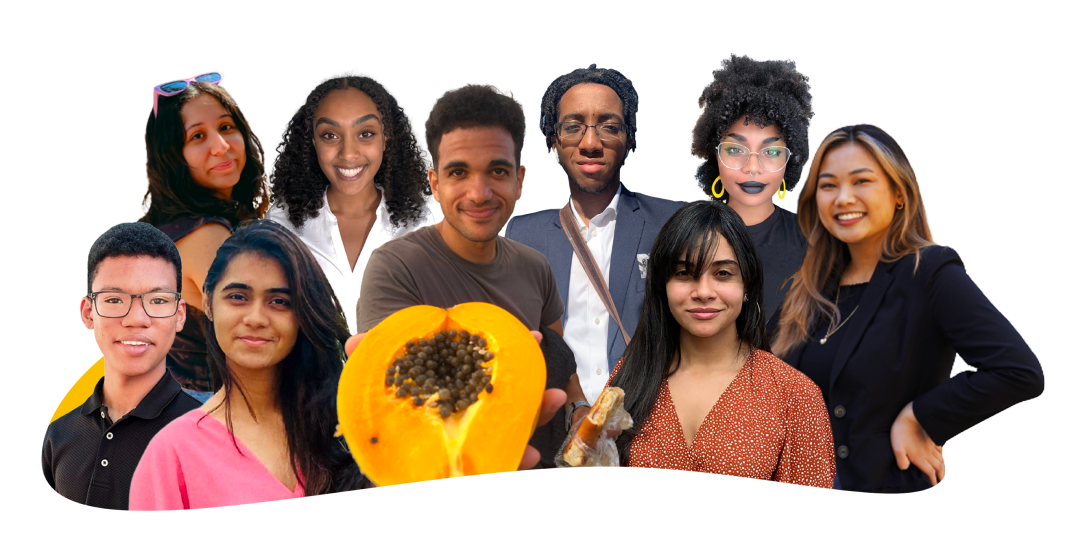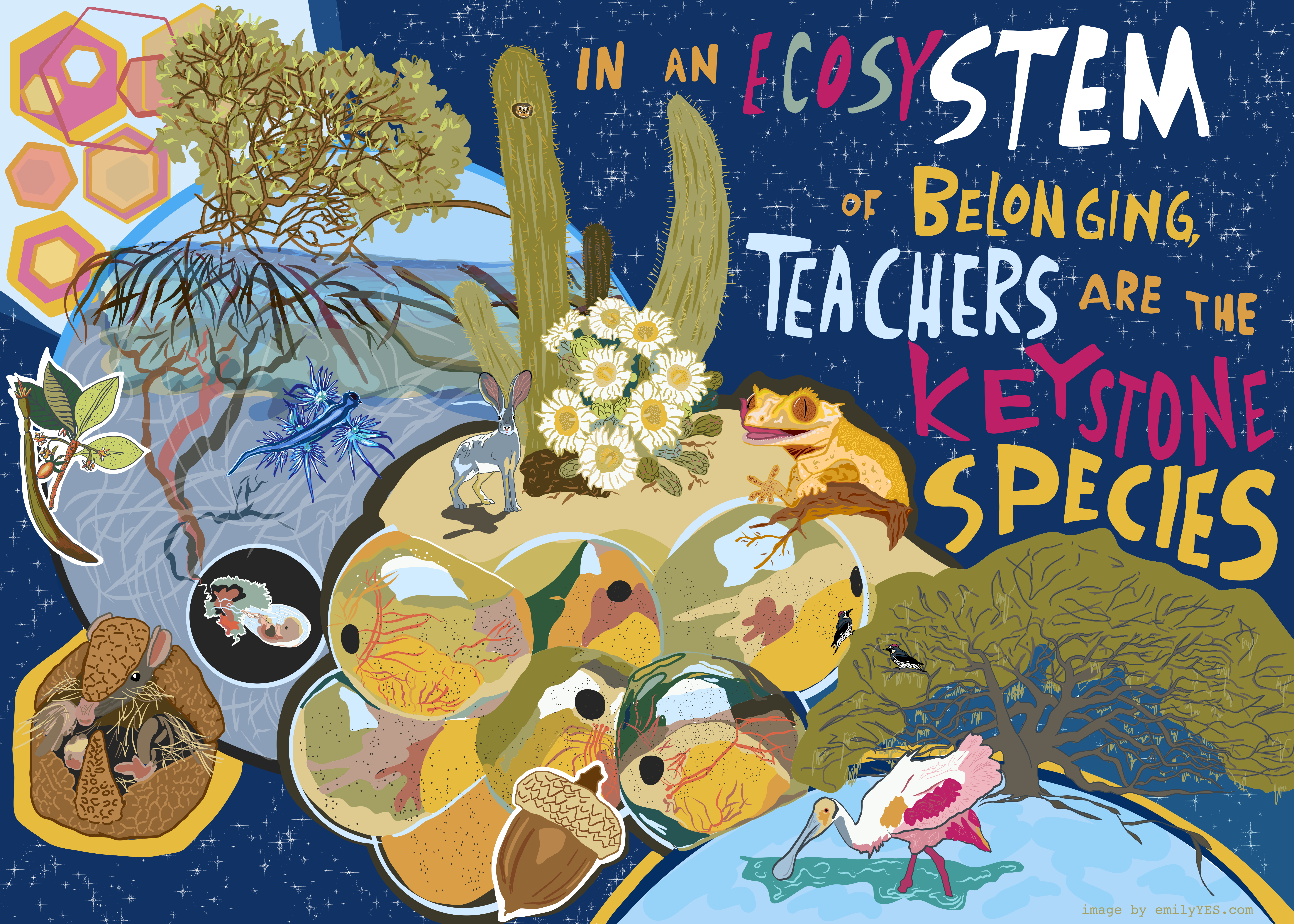Story Insights
Three things emerged loud and clear from the unCommission stories. These insights, guided by the voices of our storytellers, are helping to co-design the future of STEM learning.


Young people have not given up; they’re fired up, and they want to make a difference with STEM
In just under three months, nearly 600 young people across the country shared their stories with the unCommission. Time and time again, storytellers shared their desire to use STEM to solve real world challenges in their communities and the world.
We as the youth truthfully want something that we can use in the real world…for example in chemistry, we learn all about the states of matter how they change and the formulas and costs associated with it, which can be pretty mind boggling and frustrating to understand, we never know why it really matters…And this is the instant turnoff so many students have in STEM classes. So, now it raises the exciting question: what if? what if we make education more applicable? we show students how in school learning is directly relevant to their everyday life? I can only imagine what a powerful momentum that could create.”
— Rhea, 18 years old, Virginia
To succeed in STEM, young people need to feel that they belong in STEM
94% of storytellers discussed belonging or non-belonging in the experiences they shared with the unCommission. Often a single event that brought about feelings of belonging outweighed experiences of non-belonging. In fact, 40% of storytellers who had a self perception that they did not belong in STEM told us about an experience that shifted them to feel like they belonged, indicating that self perception around STEM is very much not fixed! Stories also revealed a positive correlation between feeling a sense of belonging and pursuing STEM coursework in high school and college and, ultimately, as a STEM career.
"During my junior year, they brought a new class to my school, which was introduction to data science…[the teacher] spoke to me, and she's like, there's a really new class that I'm gonna teach. And I think you really like it, like it's right up your alley and what you're interested in, and I was just kind of like, nervous and scared, I'm like, I'm gonna take this brand new math class that no one has ever taken before….And once I started taking the class, and like learning everything, I absolutely loved it….that class was the real pivotal point in my education from there.”
— Emilio, age 22, California
Teachers are the most powerful force for fostering belonging in STEM
68% of the time when storytellers reported a shift towards belonging, a teacher facilitated that happening. Storytellers said their teachers fostered belonging 25 percentage points more than any other individual or experience in their lives. In fact, many storytellers were so influenced by their STEM teachers that they became STEM teachers themselves! Black, Native American, and LGBTQ storytellers were 2x as likely talk about feeling belonging through identifying with their teachers’ race or gender than others. Unfortunately, Black, Native American, & LGBTQ storytellers also discussed experiencing teacher racism or sexism 2x as often as other storytellers.
"Dr. N, I'll never forget him. He definitely continued their legacy for me, in having Black teachers, Black male teachers, who are able to teach me math and instill that same kind of confidence and self esteem that I could see myself and say, like, 'Oh, you can do it,' or, 'try it this way,' or just kind of held my hand a little bit, which I think a lot of Black students probably do not get…”
— Anonymous, 22 years old, Oklahoma

